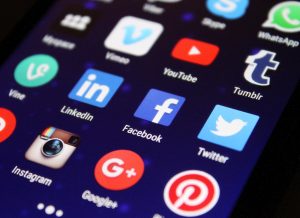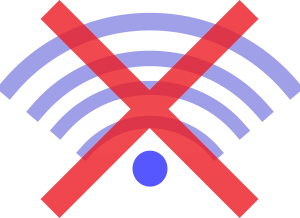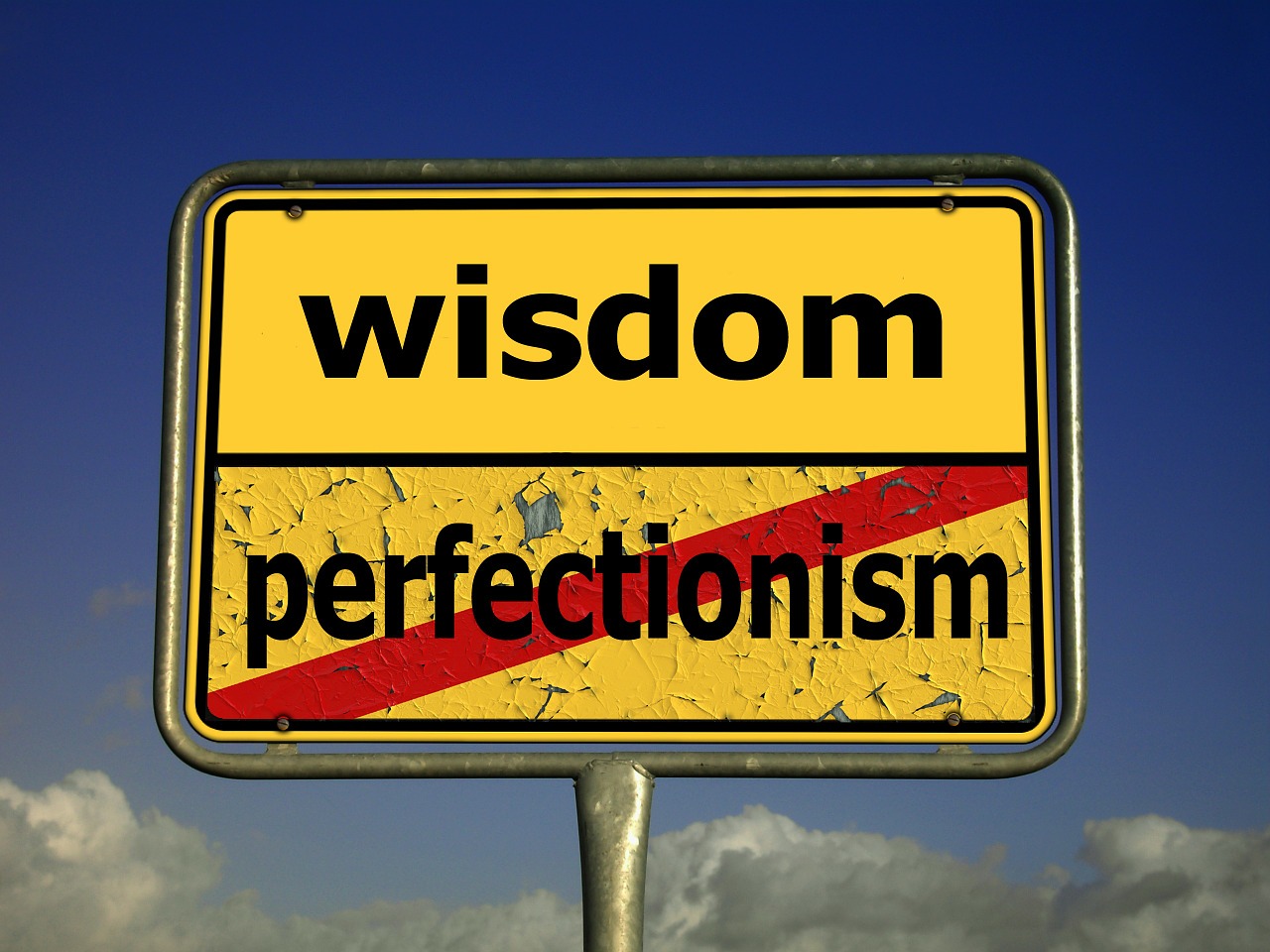
What an interesting time to be alive! We are living in an age with unprecedented access to almost limitless information, available 24 hours a day. This can be exciting, fun, enriching, and convenient. We can plan a trip halfway around the world with ease. We can research a topic of interest to us in mere minutes or hours. We can keep in touch with our family and friends through e-communication and social media. We can order groceries online. And where would we be without cat videos?! I shudder to think.
But is all this access to seemingly limitless information good for us? Scientific researchers have had a bit of a hard time keeping up with the pace of change in our modern, information-driven culture but the evidence is starting to suggest that being plugged in for hours and hours and hours a day may not be good for us. Specifically, some evidence suggests that getting frequent notifications on our phones can be related to increased problems with inattention and decreased productivity. Uh-oh. In our technology-addicted modern world, are we all giving ourselves a case of ADHD? Another interesting research finding: when people perused information passively online (think scrolling through Facebook, Instagram, or your favorite news site), they reported a decrease in their sense of wellbeing. And then there’s sleep. Research is letting us know that using our devices before bed (especially our phones and tablets) can disrupt sleep. Good sleep is one of the foundational elements of good health, so when we’re not getting good sleep, it can have a negative ripple effect on our mental and physical wellbeing.
Nowadays, we can binge on technology like never before. Ahhhh, who doesn’t love the guilty indulgence of binge-watching TV?! Here’s the deal, though. Generally speaking, bingeing on ANYTHING on a regular basis isn’t great for us. Think about it with me. To binge is to overindulge, so what happens if we overindulge regularly on food, alcohol, or shopping? Yep, that can spell trouble. Those overindulgences can become the norm, which means they can start getting in the way of other parts of your life, including your health and relationships. The same can be true for bingeing on technology.
Mental health professionals learned an important lesson after 9/11 that still holds true today: bingeing on the news, especially negative news, is not good for us. Bingeing on negative news can increase stress, anxiety, and hopelessness, and it may even lead to symptoms of vicarious trauma in some people. We are in a rapid-news-cycle world, with news updates available every minute, but it turns out this may not be good for our collective wellbeing.
Since bingeing on technology can be bad for us, what will cure our collective technology dependency? One answer lies directly with you. Yep, you are an important part of the solution. Are you ready to hear your vital responsibility? You may want to put on your Superman cape or Wonder Woman bracelets for this because it could require tremendous strength and fortitude. Ok, here’s your task: Put your phone down! Wait a minute, stop laughing. I’m being serious here! Putting our phones (and tablets and laptops) down should be easy, right? It turns out, though, this seemingly simple piece of advice can be tricky. We have a new term, “fear of missing out” (FOMO) that captures a piece of why we may have trouble putting our technology down. What if I miss out on something important?! Holding on too tightly to FOMO isn’t good for us. We need to maintain the cognitive flexibility that comes with being able to take a step back from our technology. Taking a step back provides our minds with something very important: perspective. If we are constantly plugged in, we are not giving our brains much of a chance to digest all of the information we are taking in, which can actually make it harder to maintain a healthy perspective. Plus, in staying too attached to our technology and FOMO, we may be missing out—quite ironically—on some of the real-life experiences that add richness to our lives.

Here are a few concrete tips for managing your online life:
- Cultivate a willingness to change your relationship with technology by engaging with your smartphone (and your tablet…and your computer) a little bit less often. Need some tips on how to cultivate a willingness to change? You are in luck! My first blog last year covered that very topic. You can check it out here.
- Have compassion for yourself when you feel the pull of FOMO or notice that changing your technology habits is harder than you thought it might be. Remember, you are in very good company.
- Turn off notifications for non-essential things. For most of us, we don’t actually have to know social media and news updates in real time. Unless we work in the news industry, we don’t really gain any advantages by being the first to know something.
- Be mindful about when you access the news and social media. Again, most of us don’t need to know the latest updates first thing in the morning. Consider giving yourself the gift of engaging in all the little rituals of waking up and starting your day before hopping online. Be thoughtful and intentional about when you access the news and social media during the rest of your day, too. Another piece of advice, and this is a biggie so I’m going to put it in bold followed with an explanation point: Unplug an hour before you plan to go to bed! Protect your sleep time. Your wellbeing depends on it. If you have to stay connected close to bedtime, turn down the brightness or blue light on your device.
- When you access social media and news, be engaged. There’s some interesting research suggesting that actively interacting with others through technology may not have as much negative effect as passively taking in information. Like your friends’ posts, offer a thoughtful comment, chat with a family member about a news story.
- Consider doing a news and social media cleanse once in a while, staying offline for at least a day or two. This gives you a chance to prove to yourself that you can do it and for your mind to regain a balanced perspective. Be creative in exploring other ways to fill your time!
Interestingly, I got two pieces of unplanned but timely validation while I was writing this blog on the psychology of technology. First, I received my monthly “Monitor on Psychology,” a professional publication of the American Psychological Association. The cover story this month: “(Dis)Connected: Psychologists’ Research Shows How Smartphones Are Affecting Our Health and Wellbeing, and Points the Way Back to Control” by Kirsten Weir. Next, I saw another posting from February 2017 by the American Psychological Association about the recent findings from their “Stress in America” poll, titled “APA’s Survey Finds Constantly Checking Electronic Devices Linked to Significant Stress for Most Americans.” Wow! This is an important topic.
Be well and take good care of yourself, online and off,
Dr. Jen



